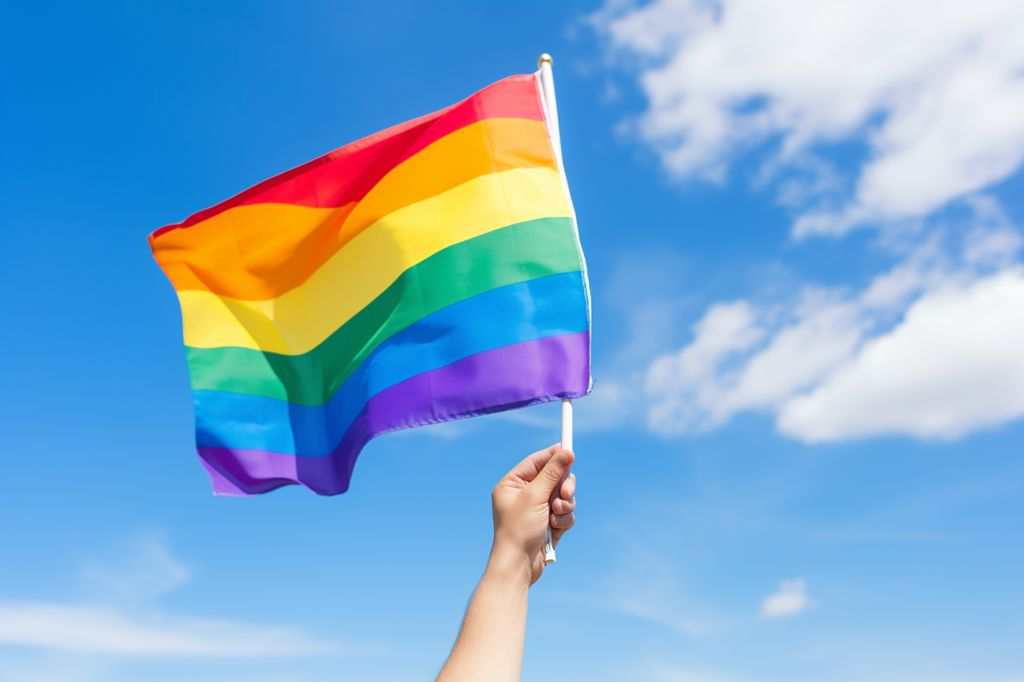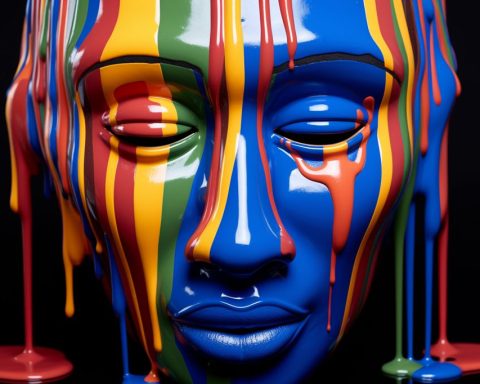International Pride Month provides an opportunity to acknowledge the progress South Africa has made towards achieving LGBTQI+ rights. The tireless efforts of one gay black man, Simon Nkoli, played a significant role in this progress.
Early Life and Education
Simon Nkoli was born in 1957 during the height of Apartheid in Soweto. His childhood was filled with fear and the ever-present threat of police. He pursued education but was forced to abandon it due to Apartheid laws. Later, he relocated to Johannesburg to continue his studies.
Acceptance of Sexuality and Family Struggles
Nkoli discovered and embraced his sexuality at 19. However, his family struggled with his orientation and subjected him to visits to priests, psychiatrists, and traditional healers. After reaching the brink of suicide with his partner, Roy Shepherd, Simon’s mother switched her stance and became supportive.
Political Activism for LGBTQI+ Rights
In 1980, Nkoli joined the Congress of South African Students (COSAS) and realized that his fight for democracy, equality, and LGBTQI+ rights were intertwined. He faced resistance due to his sexuality but persevered, becoming a member of the Gay and Lesbian Association of South Africa (GASA). However, he discovered that GASA was predominantly white and apolitical, limiting his contributions to race relations issues.
Imprisonment and Solidarity
In 1984, Nkoli was arrested with 22 other political leaders during a protest in Sebokeng. He faced treason charges and a possible death penalty. His trial lasted for 240 days. During his imprisonment, his fellow inmates initially rejected him due to his sexuality but later stood in solidarity with him against the apartheid regime.
Founding of GLOW
Simon Nkoli founded the Gay and Lesbian Organization of the Witwatersrand (GLOW) in response to his experiences with GASA. GLOW was the first organization focused on LGBTQI+ rights to operate in the black townships surrounding Johannesburg. Through GLOW, Nkoli traveled to discuss his activism with other leaders.
Contributions to LGBTQI+ Rights
Nkoli ensured that LGBTQI+ rights were included in South Africa’s post-1994 constitution, making the country the first in the world to enshrine these rights in its supreme law. GLOW organized the first-ever South African Gay Pride March in Johannesburg, increasing the visibility of the local community and its fight for equal rights. In 1990, Nkoli established the Township AIDS Project to educate the LGBTQI+ community about the epidemic and provide access to treatment. In 1994, he founded the National Coalition for Gay and Lesbian Equality (NCGLE) to connect organizations supporting LGBTQI+ rights nationwide.
Legacy
Simon Nkoli contracted HIV and passed away in 1998 at the age of 41. His funeral featured the pride flag draped across his coffin, symbolizing the unique struggle and perseverance he brought to the fight for LGBTQI+ rights in South Africa. It is crucial to recognize the trailblazers like Simon Nkoli who paved the way for a more inclusive and equal society.
Simon Nkoli’s unwavering determination and persistence in fighting for LGBTQI+ rights have made him a pioneer in South Africa. His activism and advocacy have contributed significantly to the progress the country has made towards equality. It is essential to celebrate his contributions and honor his legacy as we continue to strive towards a more inclusive and accepting society.









